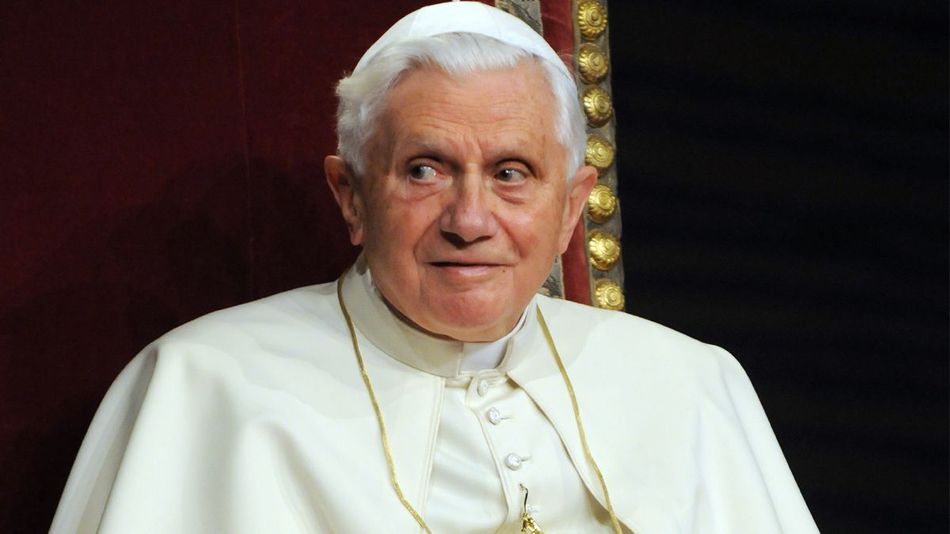This is walking a tightrope. Nobody wants to dispute the fact that tolerance is a virtue, and nobody wants to argue for intolerance, however, there does need to be an ordering of virtue. Tolerance is too often mistaken for charity, and being nice is too often mistaken for being good. Real goodness, like real charity is tough because real goodness, like real charity, loves the truth and the truth hurts.
To paraphrase G.K.Chesterton, “Tolerance is a nice word for indifference and indifference is an elegant word for ignorance.” The reason for having an open mind (like the reason to have an open mouth) is eventually to close it–because it has been filled with something good.
Tolerance, on its own, is a weak virtue that eventually turns on itself with a suicidal bent. This is because the one thing tolerance cannot tolerate is intolerance, and the more tolerant a person becomes the more every little bit of intolerance becomes intolerable. So the person who puts tolerance as the highest and only virtue, finally is incapable of tolerating anyone or anything or any law that limits or defines anything because to limit or define any behavior or any sort of person is perceived as a form of intolerance.
Relativism becomes the only rule. The only dogma is that there can be no dogma. The only discipline is that there must be no discipline. The only ultimate authority is that there must be no authority. The only judgment is that I shall not judge. The one thing that has meaning is that no thing has meaning. As a result the only virtue left if tolerance.As a result the “tolerant” person will endorse the most draconian restrictions on those he perceives as being intolerant, and because the intolerant will be with us always, those laws against intolerance have to become increasingly restrictive, and the tolerant society turns into the most intolerant of societies. So in the name of tolerance freedom of speech will be curtailed, freedom of religion will be ended, freedom of association will be restricted and freedom of conscience will be violated.
This is the root problem with Pope Francis’ most famous quip, “Who Am I to Judge?”. Of course those who knew the context and the content of his full statement agree that a person who experiences same sex attraction, but who is seeking the Lord should not be judged for this attraction which would not seem to have been his choice.
But the Pope’s statement, in a wider context of a society gone made with relativism is unfortunate because the majority of people who read only the headline (and the majority of people do only read the headline) took it as not only papal approval of the tyranny of tolerance, but that it was an infallible statement.
Strange how those who would never profess belief in papal infallibility suddenly ascribe to the doctrine wholeheartedly if the pope says something they like!







Leave A Comment
You must be logged in to post a comment.